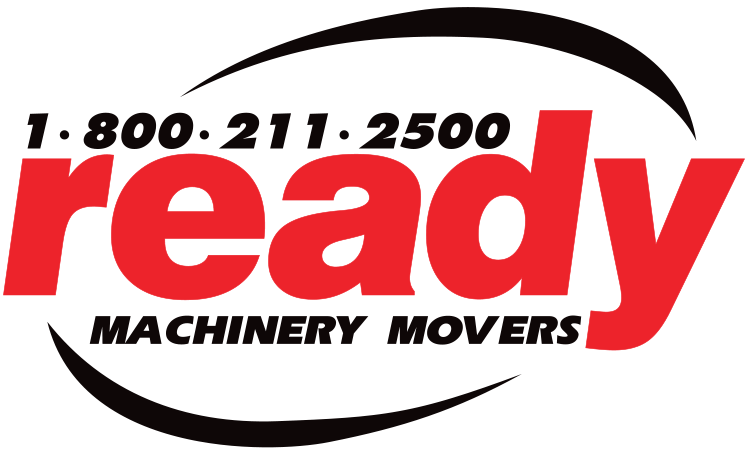Heavy machinery is an essential but delicate part of many industries. Ensuring the rules, laws, maintenance procedures, and safety policies are important to keep equipment up and running. Lack of maintenance of hydraulic systems is the leading cause of system and component failure. Handling hydraulic machinery properly can extend its life and keep it running optimally.Here’s how to maintain your equipment and hydraulics to protect your investment.
Three Types of Hydraulic Maintenance
Have you heard of the three types of hydraulic maintenance? Reactive maintenance (RM), preventive maintenance (PM), andpredictive maintenance (PdM) can help you plan your maintenance accordingly. Here’s a bit more information on each: Preventative maintenance: Routine maintenance is performed to prevent breakdowns.Reactive or corrective maintenance: Breakdown maintenance that involves repairs to fix already broken equipment. Predictive maintenance: Also known as condition-based maintenance, technology devices are used to collect information about the system and prompt personnel to perform maintenance when it is required.
How Do You Maintain Hydraulics?
Here is a look at each area of your machinery to ensure it is working fluidly.
Hoses
- Inspect hydraulic hoses whenever servicing a hydraulic system.
- Replace or repair any hoses with signs of damage or leakage (shut down or lock any system that needs replacing).
- Bleed pressure from the unit and drain the oil from the damaged hose.
- Check that the new hose is not chafing on anything.
- Ensure that the connections are tight but do not over-tighten them.
Oil
- Fill oil level in the reservoir to the level indicated on the gauge.
- Retract the cylinders when filling the reservoir, or else the oil will be pressurized or overflow.
- Keep in mind the viscosity of the oil. The wrong viscosity will result in component failure and lubrication damage and increases power consumption.
Heat
- Make sure the temperature is adjusted to your oil and hydraulic components (proper lubrication is essential).
- Temperatures that exceed 82 degrees Celsius will damage seals and compounds, shortening the oil’s lifespan.
Filters
- Understand the best time to change filters for your machine.
- Changing filters before their full capacity is used is a waste. Changing them too late reduces the service life of the entire hydraulic system. The best time to replace filters is when the capacity is used, but before the bypass valve opens.
- Monitoring the pressure drop across the filter prevents clogging.
